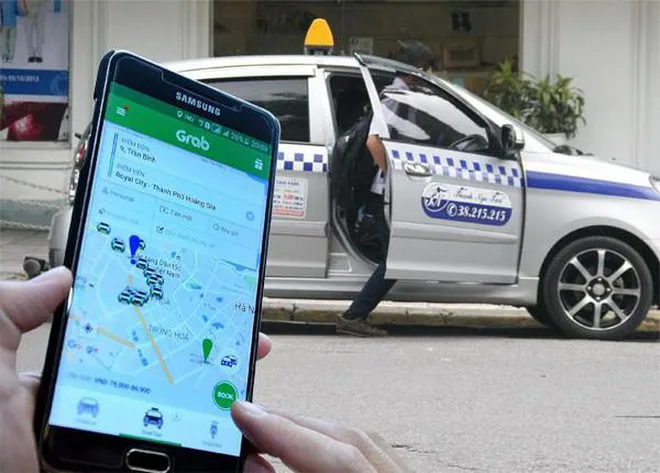Vietnam's Ministry of Transport (MoT) has decided to end the pilot program on ride-hailing services under Decision No.24 after more than two years of implementation, starting April 1, local media reported.
Under the ministry's Decision 24, which took efffect in 2016, ride hailing firms are allowed to operate in five cities and provinces namely Hanoi, Ho Chi Minh City, Khanh Hoa, Da Nang, and Quang Ninh.
According to the MoT, the suspension of the pilot program is to comply with new regulations stipulated in Decree No. 10, which sets out conditions for transportation business and is scheduled to become effective on April 1.
Moreover, it is a necessary move to control the boom of ride-hailing firms, which are making it increasingly difficult for traffic management, said the MoIT.
The MoT requested municipal Departments of Transport in these cities to instruct all ride hailing firms, transport cooperatives and drivers participating in the pilot program to suspend pilot operation since April 1, 2020.
Decree No.10 regulates that all passenger cars operating on an electronic-contract basis should have their badges installed permanently on their windshield and rear windshield.
In case passenger cars with less than nine seats have been given a badge for transportation service before April 1, 2020, they would have to reapply for a new badge and have it glued on required position in the vehicle before July 1, 2021.
Since the implementation of the pilot program, Grab has become dominant in Vietnam’s ride hailing market and put huge pressure on traditional taxi firms. Notably, Vinasun, a local taxi company, took Grab to court accusing the firm of violating tax obligations.
Taxi Associations from Hanoi, Ho Chi Minh City and Da Nang also voiced against any possible extension of Decision 24, arguing that all transport business cars with less than nine seats need to have the same method for fare calculation, which is based on based on kilometers and minutes.











